In a world where adults speak of anxiety and uncertainty, a child's soul seeks its ways to find an island of safety. How can we help the youngest, those who cannot yet name their feelings with words but keenly feel the tension around them? An answer to this question was sought at the Centre for Education and Care for Preschool Children at Poltava Polytechnic, where on July 23, 2025, a warm and bright art therapy session for preschoolers titled “In Search of the Magic Fish” took place.
The event was organized by Associate Professor, PhD in Pedagogy, Acting Head of the Department of Psychology and Pedagogy, Lesia Klevaka, and Associate Professor, PhD in Psychology, Viktoriia Shevchuk, as part of the large-scale international Erasmus+ KA220-ADU project “TRUST” – Trauma of refugees in Europe: An approach through art therapy as a solidarity program for Ukraine war victims (Grant No. 2024-BE01-KA220-ADU-000257527).
The project title is decoded as follows:
TRUST
T – Trauma
R – Refugees
U – Ukraine
S – Solidarity
T – Therapy
The project is co-funded by the EU and led by the Centre Neuro Psychiatrique St-Martin from Belgium, in partnership with the National University “Yuri Kondratyuk Poltava Polytechnic” (Ukraine), Greek Carers Network EPIONI (Greece), Fondazione Don Luigi Di Liegro (Italy), Lekama Foundation (Luxembourg), EuroPlural Project (Portugal).
The session began not with rules, but with wonder. The event facilitators invited the children into a therapeutic fairy tale about a vast ocean, in the depths of which lives a magic fish capable of granting the sincerest wishes. The sea became a metaphor for the unpredictable world of feelings – joy, curiosity, fear, and hope. The fairy tale plot was designed so that children could imagine themselves as kind seafarers navigating these waves of emotion, with the magic fish becoming a symbol of hope – a miracle they could create with their own hands, thereby regaining a sense of control in a world that feels unstable.
This imaginative immersion helped the children safely approach the topic of their own emotions. Through play, the psychologists gently asked, “And if your fish could do something good for you, what would you ask for?”. This became the key that unlocked the opportunity to articulate or show through drawing the needs a child cannot yet express in words: the need for safety, peace, and the presence of loved ones.
The central part of the session was the creation of their magic fish. Each participant had the chance to choose the colours, shapes, and elements they liked most. On paper, not just fish but true guardians of children's dreams began to appear. Every colour, every line carried a deep meaning. Drawing and appliqué are not only for developing fine motor skills but also a powerful tool for projection. Through creativity, a child unconsciously transfers their internal states onto an external object, making their experiences visible and less frightening.
The children infused their “sea friends” with their most secret wishes: “for mom to smile more”, “for the war to end”, “so I don't have nightmares”. A particularly touching part was when the children decorated their “dream fish” with symbols – hearts, suns, eyes that “see goodness”, or tails that “scatter the clouds of anxiety”. In this way, the fairy-tale creature became an image of hope, inner strength, and a personal protector.
A separate stage was a short relaxation practice. The children learned to “breathe like the waves”, gently inhaling and exhaling, or to “puff up their bellies like a flotation ring”. This is a simple but effective grounding exercise that allows them to release tension from the body and feel themselves in the “here and now”.
The magic fish that each child took home transforms into an individual resource anchor. It is not just a craft but a materialised symbol of support, faith, and their strength. It reminds them that even in the darkest depths, one can find the light of their dream, and that they are not alone in their experiences.
After the session, the children and psychologists shared what their fish “told”, what it wanted, and where it wanted to live. This was a dialogue with fantasy, but in reality, it was a dialogue with their own inner needs, in which every child felt heard and important.
According to Lesia Klevaka and Viktoriia Shevchuk, the session was aimed at supporting the adaptation of preschoolers during the war, reducing anxiety levels, and fostering a sense of safety and resourcefulness. Such an experience is significant for children who are enduring constant emotional strain due to displacement, separation from loved ones, and uncertainty.
“Through fairy tales, colours, and the warmth of working together, we show children that they are not alone, that their emotions are normal, and that within each of them lies the strength to overcome difficulties”, – the organisers concluded.
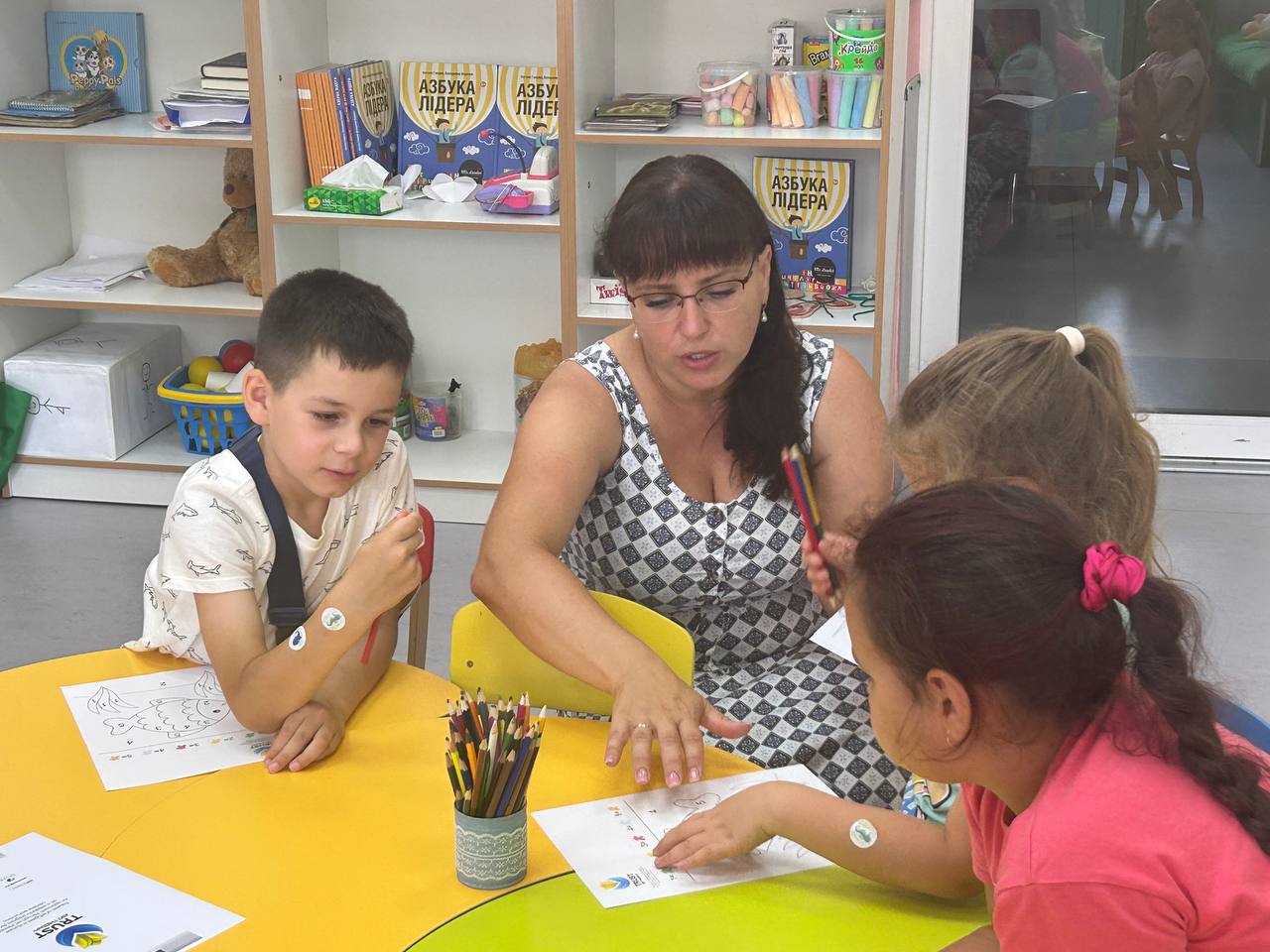
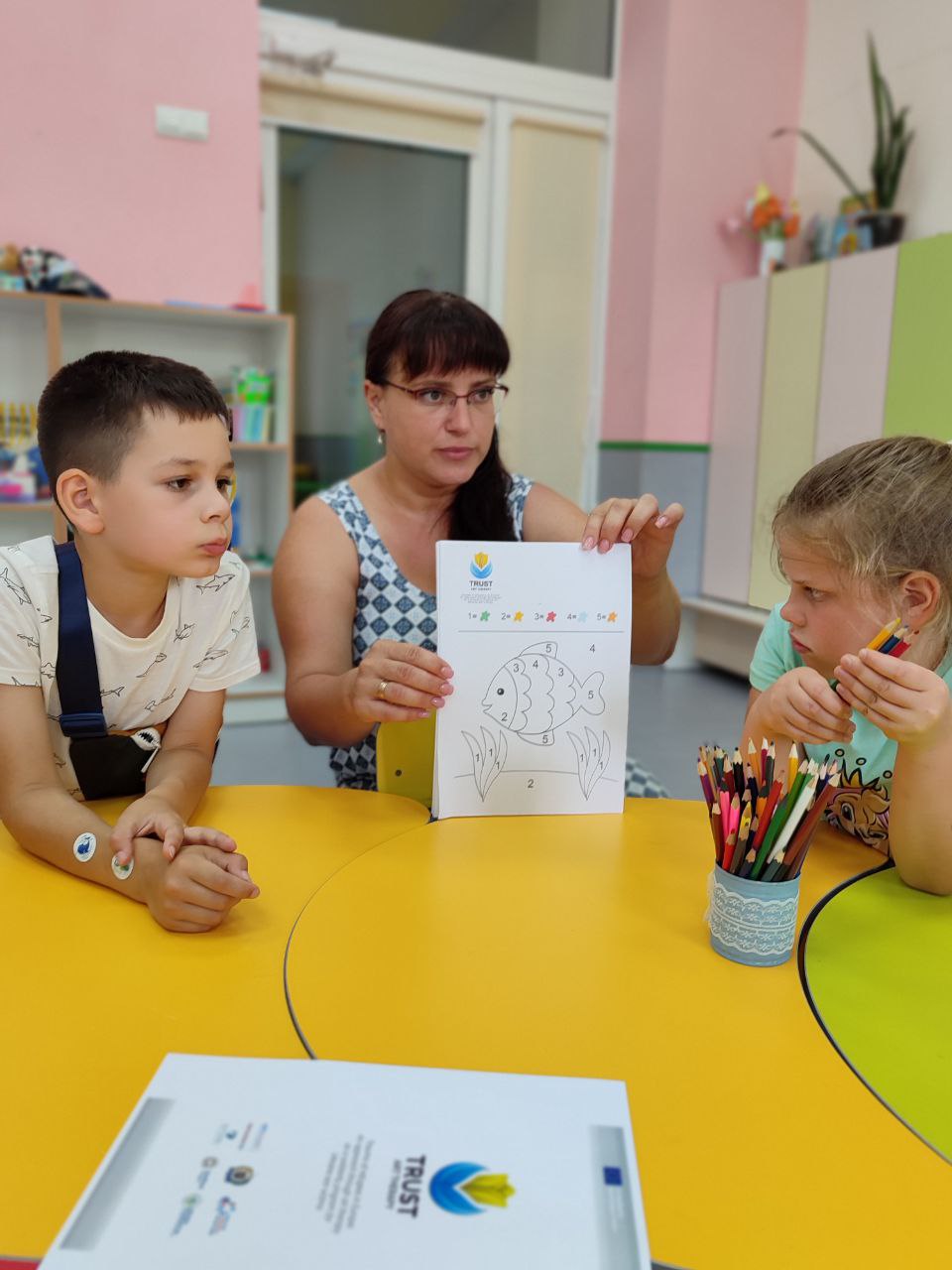
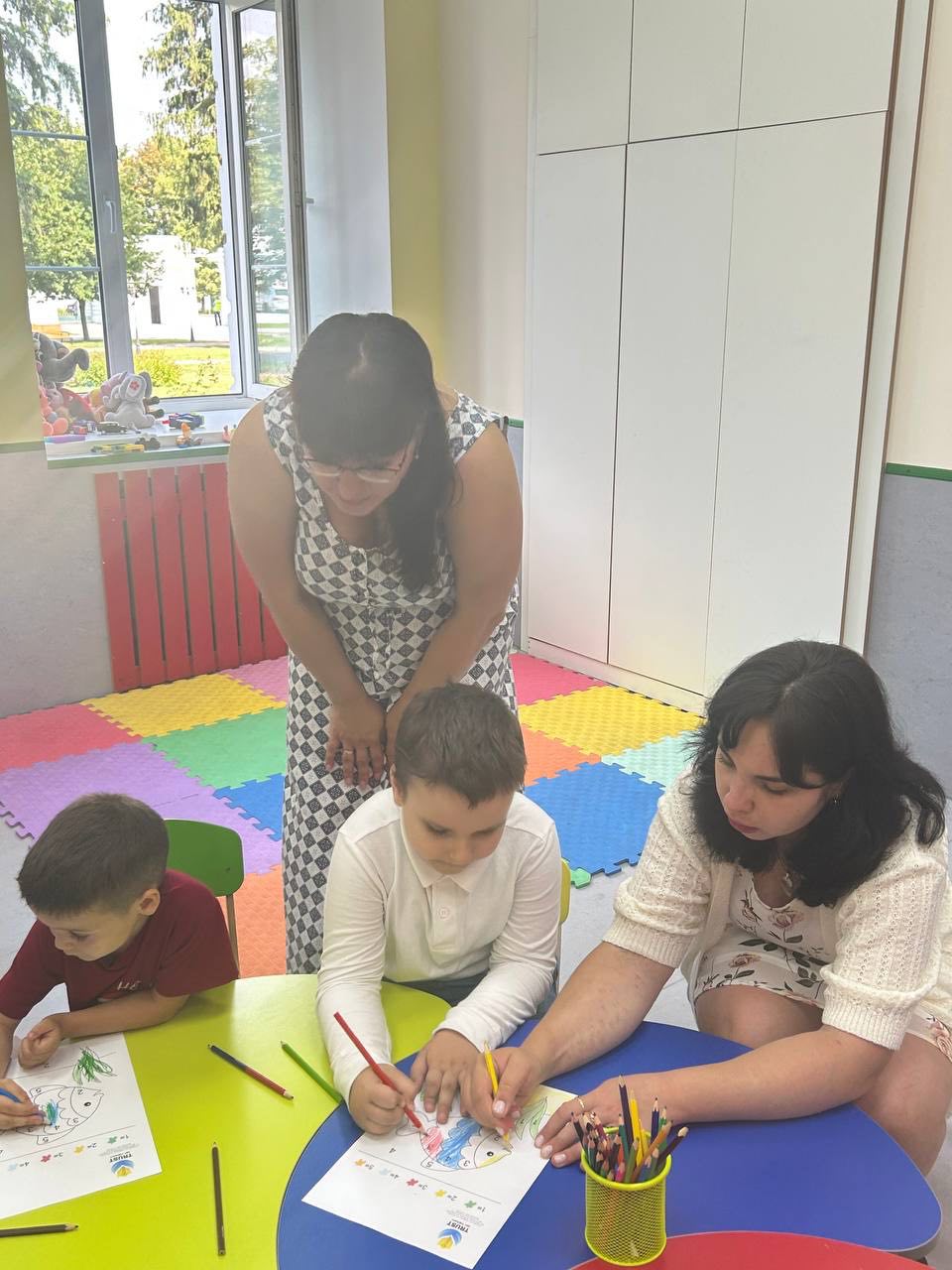
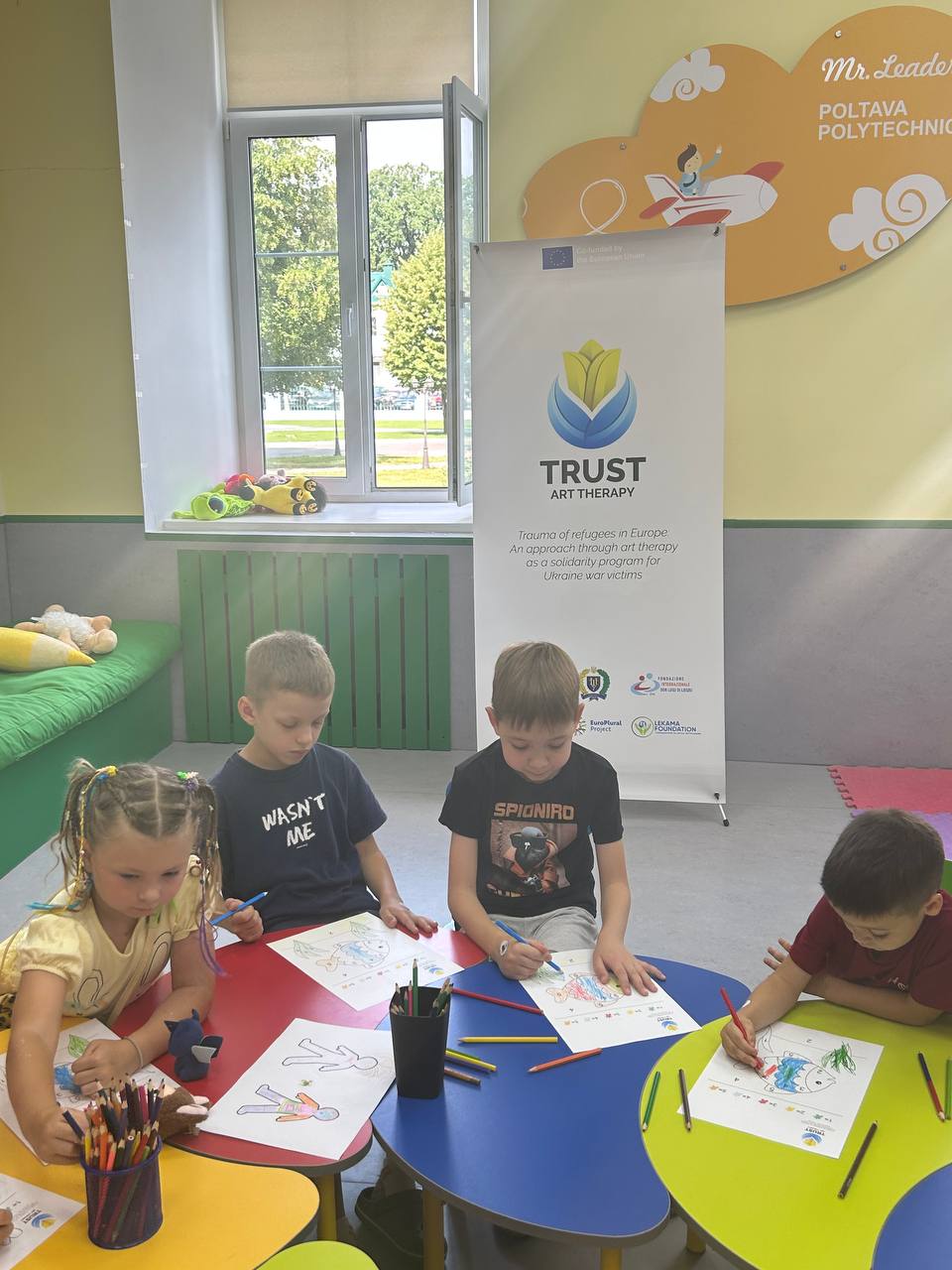
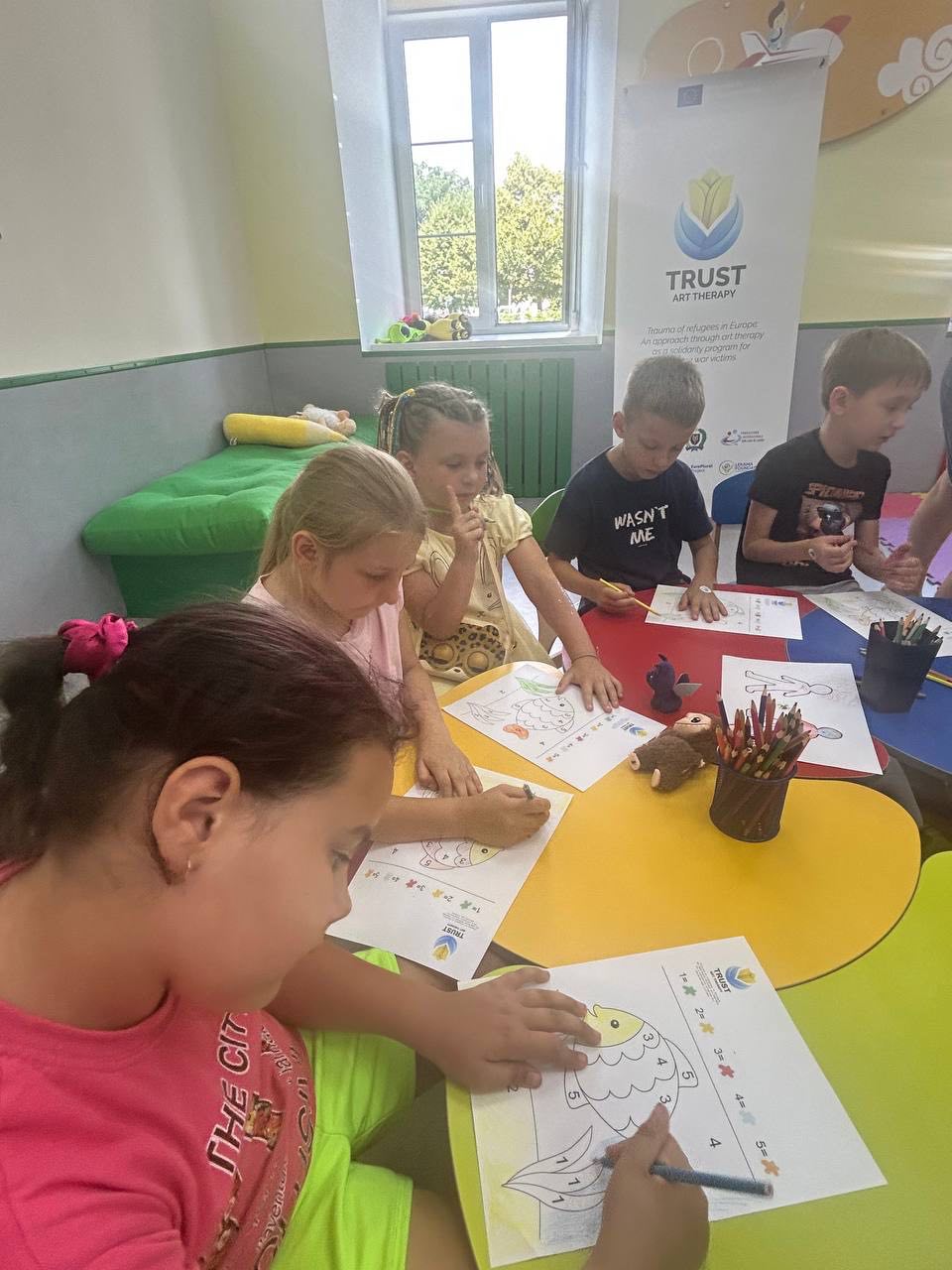

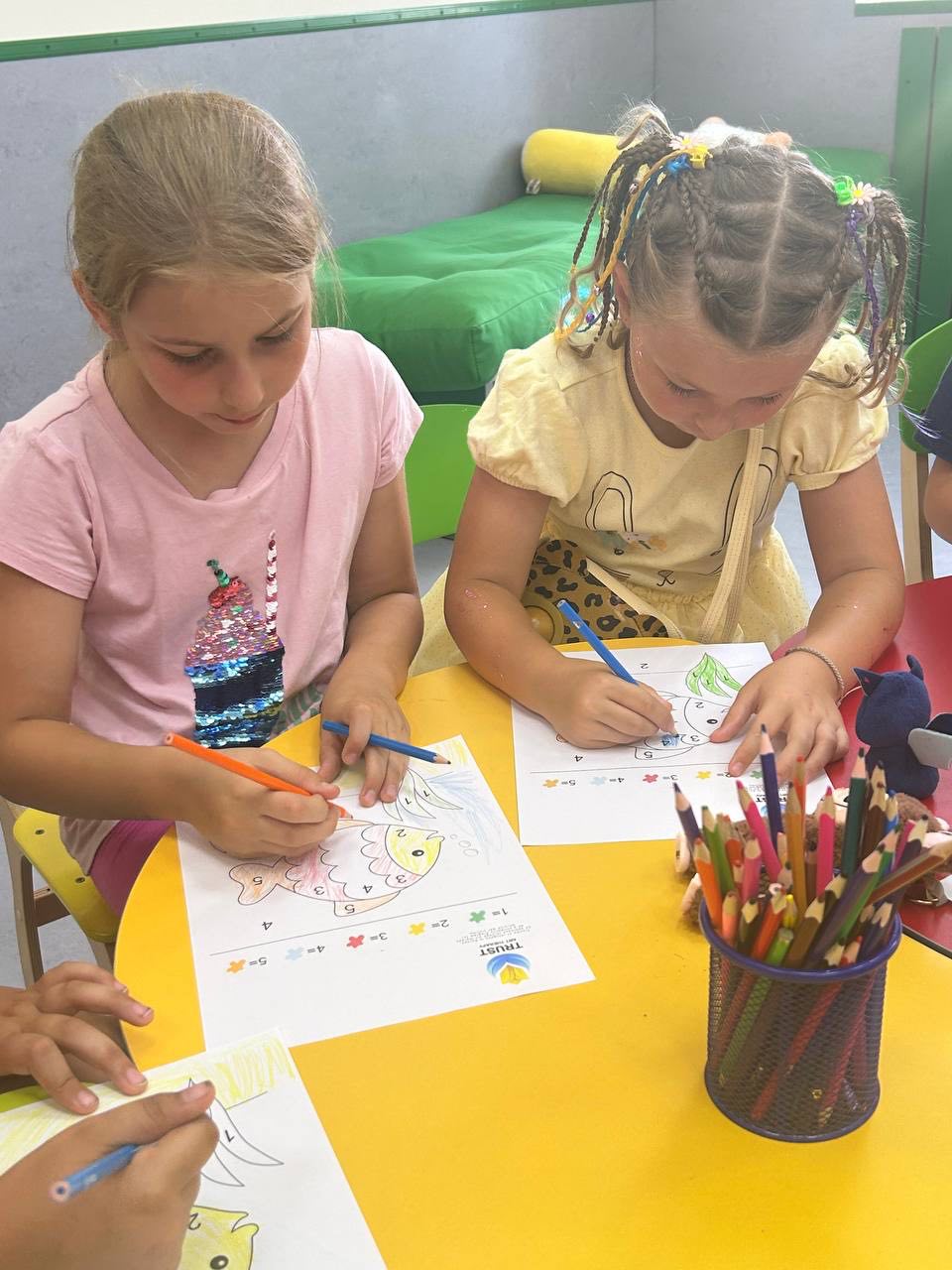
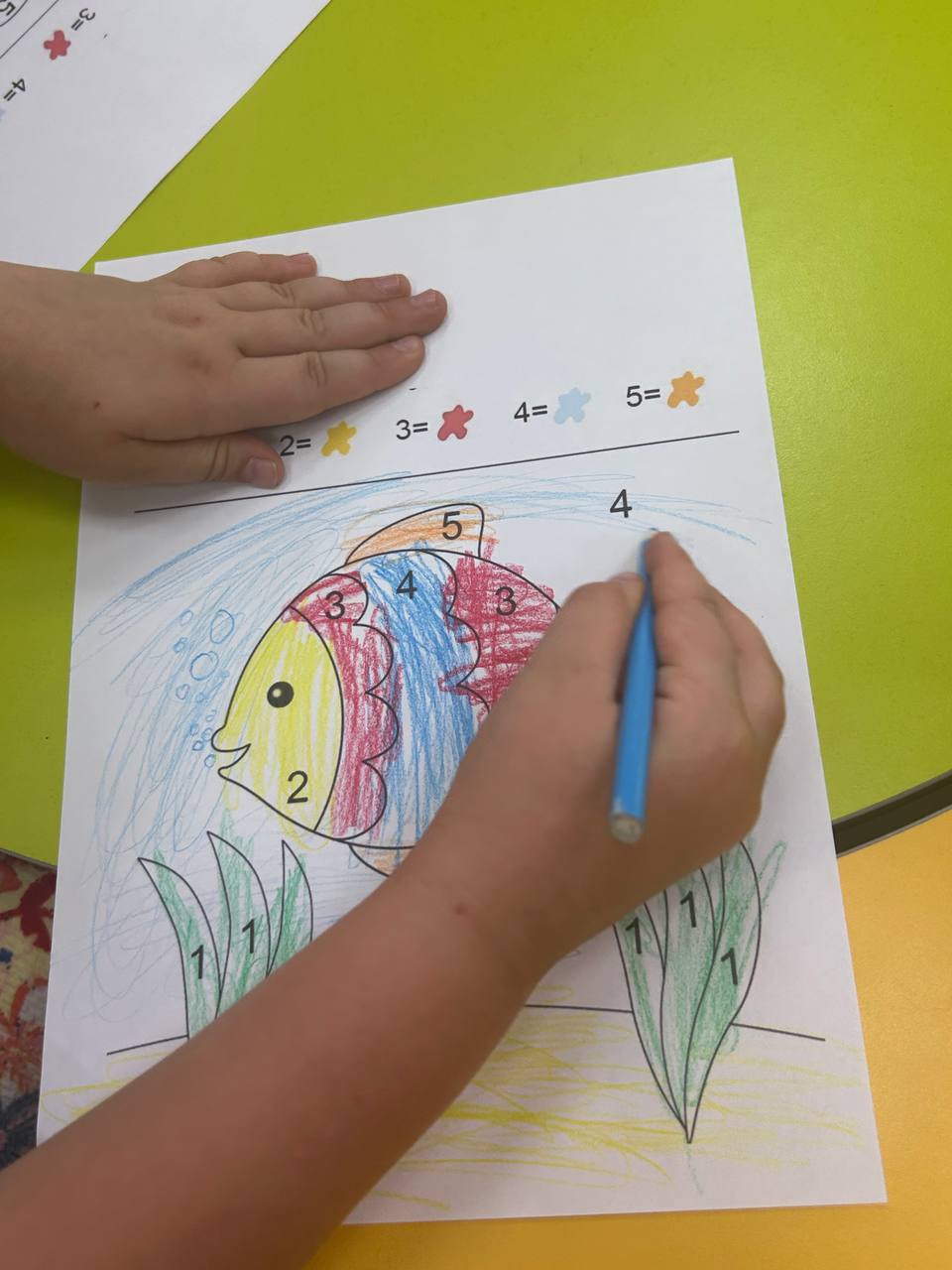
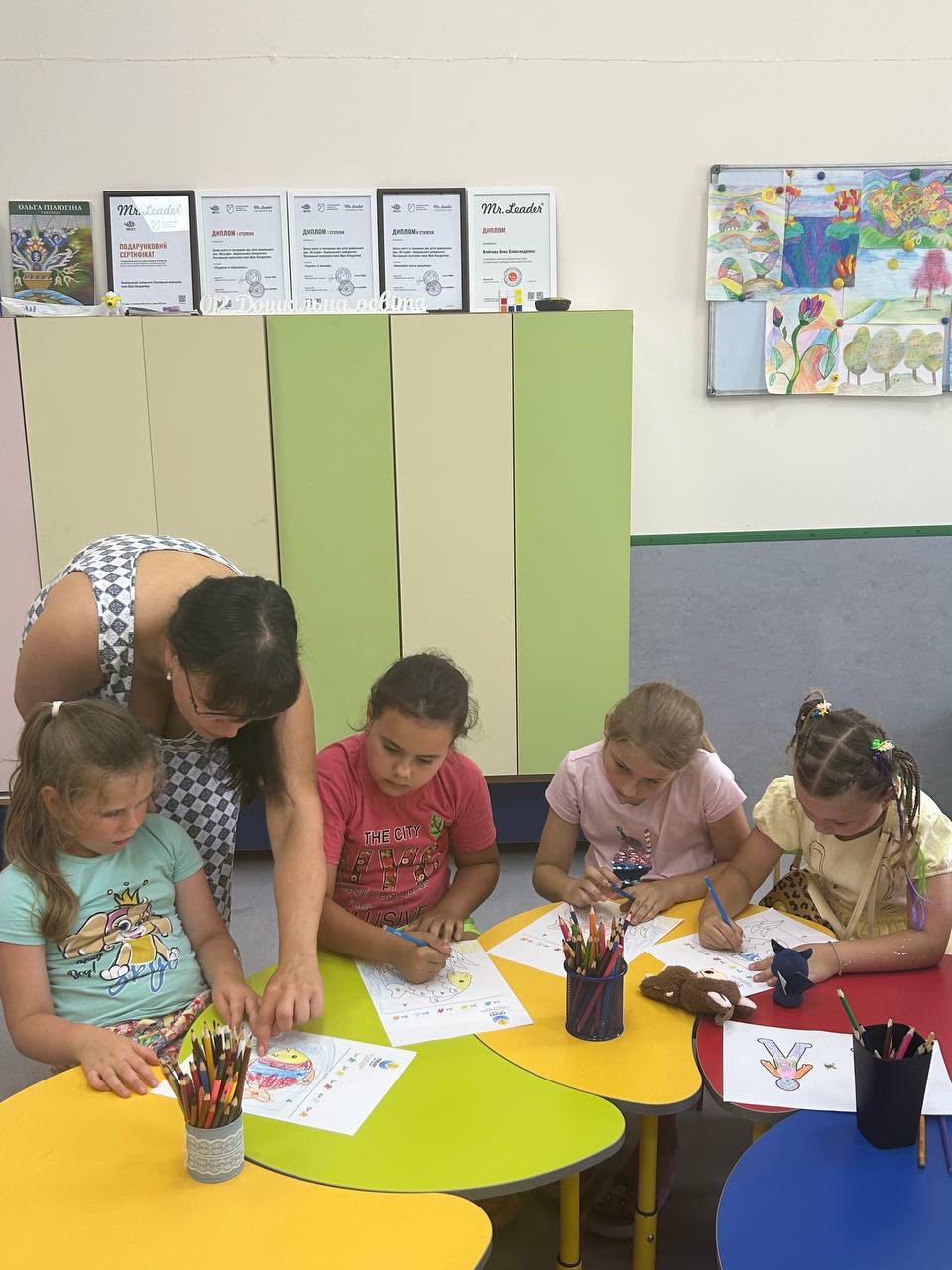
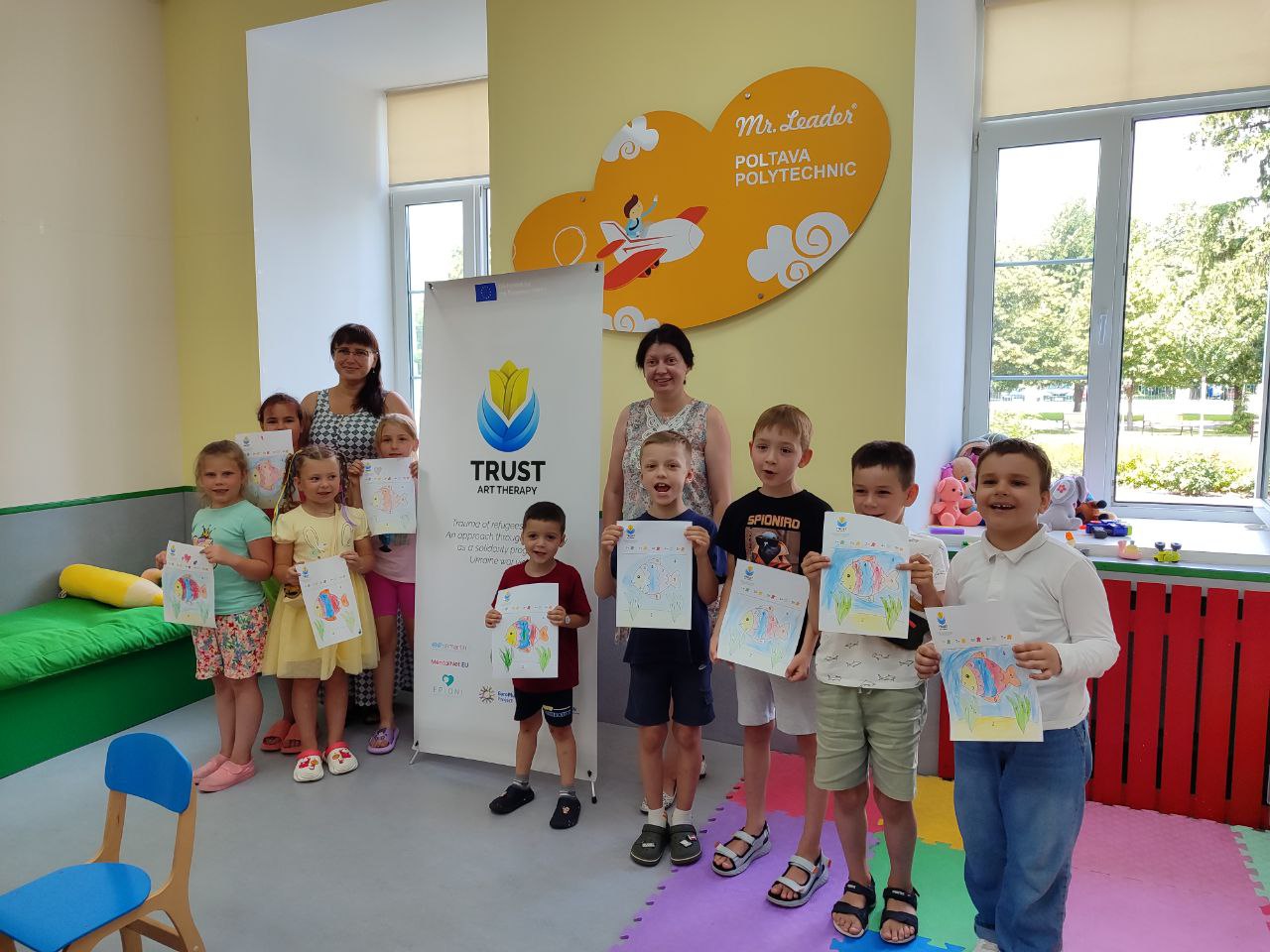
Such meetings, regularly held within the TRUST project, give back to children what the war tries to take away – a sense of security, the right to joy, and a belief in miracles. After all, childhood should be filled not with fear, but with light, imagination, and warmth. More meetings lie ahead, but the main goal remains unchanged: to nurture the resilience of the youngest Ukrainians by giving them tools for healing the soul.
Media Centre of
National University “Yuri Kondratyuk Poltava Polytechnic”



